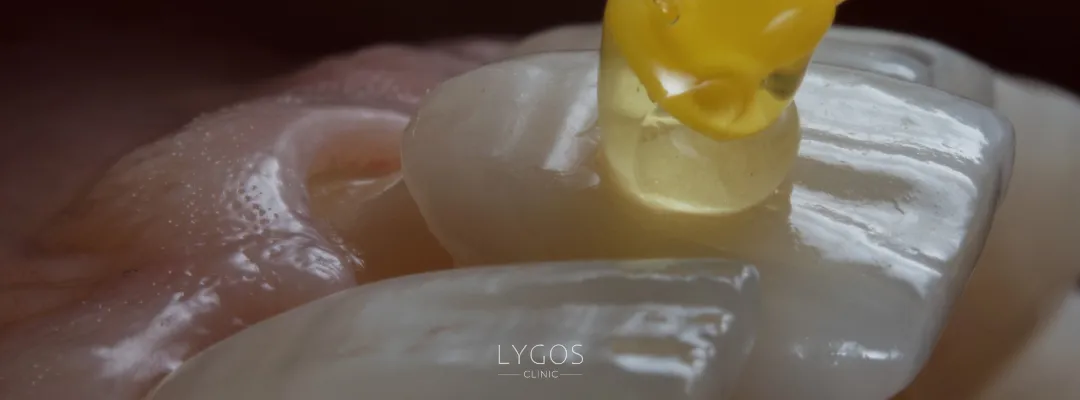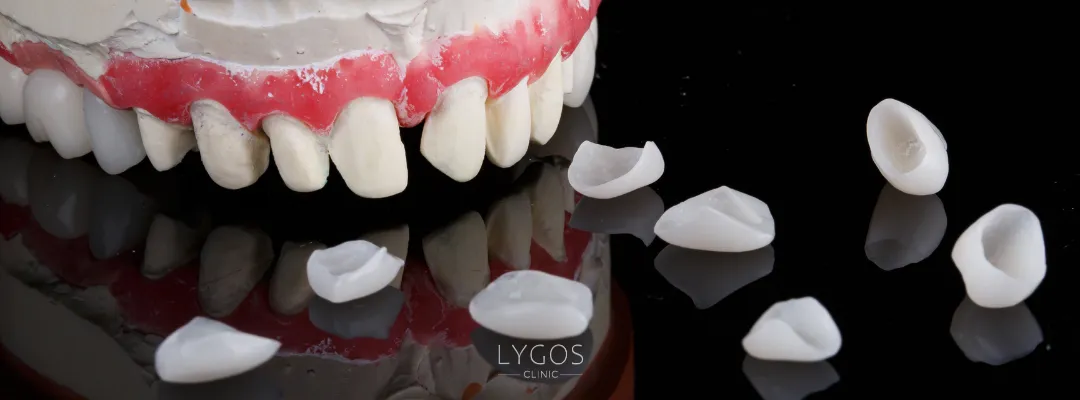Dental Veneers: Everything You Need to Know
Your smile is one of the most important parts of a good first impression, so it’s definitely worth investing in. In fact, a survey by the American Academy of Cosmetic Dentistry showed that 48% of American adults consider a smile to be a person’s most memorable feature.
If your pearly white teeth aren’t as pearly or white as they used to be, you may not be getting the desired effect. Cosmetic veneers are one of the best ways to repair cracked, chipped and stained teeth. Still, it’s best to understand the whole process before making a commitment. Keep reading to find out what there is to know about dental veneers.
What are dental veneers?

Dental veneers are thin, custom-made ceramics that adhere to the front of the teeth. Applied in a similar way to denture nails, dental veneers can last for decades if properly cared for.
The ceramic (porcelain) material is stained to the exact shade of whiteness that best matches your skin tone. The continuous improvement of this method has enabled veneers to have the same translucent quality as real teeth. This gives bright white smiles a more natural look.
Dental veneers are a great choice for people who want to keep their natural teeth but need more correction than whitening can provide. People with stained, cracked, chipped, broken, short or mismatched teeth are good candidates. At the same time, wear and tear caused by aging can also be easily addressed with dental veneers.
How are dental veneers done?

Dental veneers are a multi-stage procedure that takes two to three sessions and lasts several weeks. The process starts with an examination. Your dentist evaluates your smile and determines whether you are a good candidate. In this way, the best result is achieved when a dental crown is applied. If you need any fillings or dental implants, these need to be taken care of first. Otherwise, the desired result may not appear after the procedure is completed.
Your dentist will then prepare your teeth for veneers by shaving a very thin layer of enamel (thinner than the thickness of your fingernail) from the front of your teeth. He or she will then take an impression of your new smile and create temporary veneers that will stay in place until the permanent ones arrive. This trial period allows you to decide if you want to change color or shape. This is effectively a “test drive” for your new teeth.
Once the final porcelain veneers have been shaped, you will go back to your dentist to have them fitted. Temporary veneers are removed and a bonding material is applied to your teeth. Then, the permanent veneers are carefully placed and your new smile is ready.
Who is not suitable for dental veneers?

Dental veneers are one of the most practical procedures available today. However, there are some factors that may prevent you from being a good candidate. Therefore, you should consult a specialist doctor and find out if you are suitable for dental veneers. So, who is not suitable for dental veneers?
- People who constantly clench their jaw or grind their teeth.
- It is not recommended for patients with structural damage to their teeth.
- Not for people with crossbite disorders.
- Not recommended for people with active or recurrent gum disease.
- Dental veneers are not recommended for people with severe tooth crowding.
- People with poor oral hygiene or severe tooth decay may not receive dental veneers.
If you have any of these conditions, talk to your dentist about whether dental veneers are right for you. Remember that there are many options to choose from when it comes to improving your smile. Therefore, choosing the most suitable one for your situation will directly affect the outcome.



